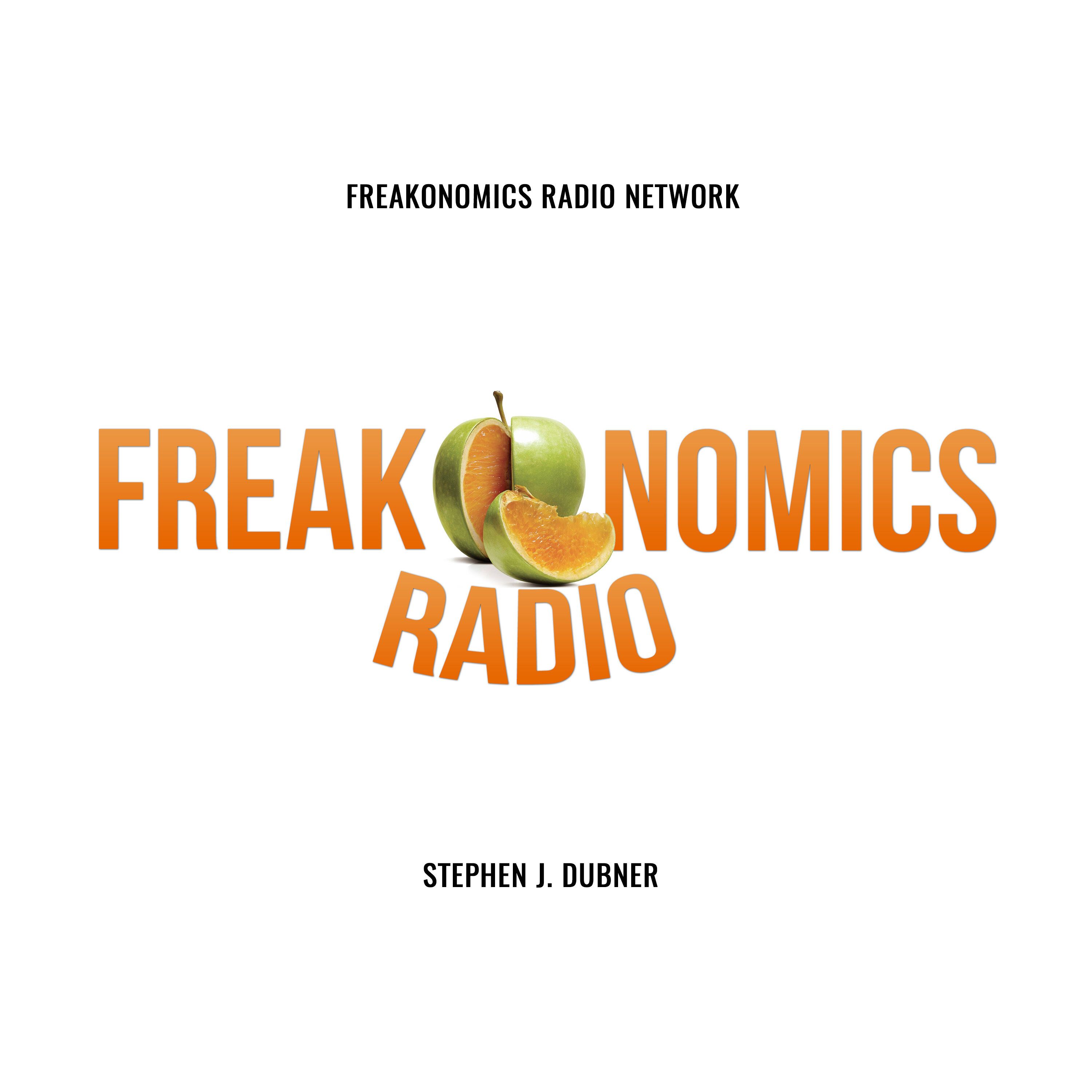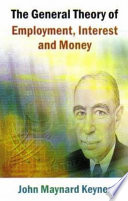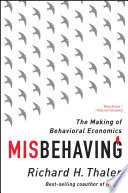📚 3 Books mentioned in "EXTRA: People Aren’t Dumb. The World Is Hard. (Update) | Freakonomics Radio" of Freakonomics Radio

Podcast: Freakonomics Radio
Episode: EXTRA: People Aren’t Dumb. The World Is Hard. (Update) | Freakonomics Radio
Published on July 15, 2024
Here’s a list of all the books mentioned in this episode. Click on the links to watch specific excerpts on YouTube and feel free to purchase the books if they caught your interest!

Foundations of Economic Analysis
Buy Foundations of Economic Analysis by Paul Anthony Samuelson on Amazon
And it was led by people like Paul Samuelson and Kenneth Arrow, and Samuelson in particular, he was a University of Chicago undergraduate and then went off to graduate school, and his thesis was called 'Foundations of Economic Analysis.'
The podcast guest discusses the influential figures in the history of economics, specifically mentioning Paul Samuelson and his thesis titled 'Foundations of Economic Analysis,' highlighting its significance in the field.

General Theory Of Employment , Interest And Money
Buy General Theory Of Employment , Interest And Money by John Maynard Keynes on Amazon
The single best chapter on behavioral finance was written by John Maynard Keynes in 'The General Theory,' which was written in 1936.
In the podcast, the guest highlights the significance of a particular chapter in behavioral finance that was authored by John Maynard Keynes in his book, 'The General Theory of Employment, Interest and Money,' published in 1936. This reference emphasizes the historical impact of Keynes' work on the field.

Misbehaving: The Making of Behavioral Economics
Buy Misbehaving: The Making of Behavioral Economics by Richard H. Thaler on Amazon
Along the way, he wrote a few books, including 'Misbehaving: The Making of Behavioral Economics' and 'Nudge: Improving Decisions About Health, Wealth, and Happiness.'
The podcast host mentions Richard Thaler's book 'Misbehaving: The Making of Behavioral Economics' while discussing his accomplishments, highlighting his contributions to the field of behavioral economics.
